Life
Sign up for our newsletter
We summarize the week's scientific breakthroughs every Thursday.
-
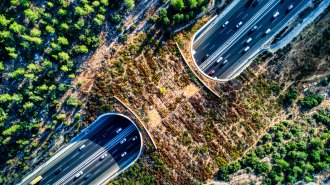 Ecosystems
Ecosystems‘Crossings’ explores the science of road ecology
Ben Goldfarb talks about his new book, which looks at the science that’s helping to prevent animals from becoming roadkill.
By Amanda Heidt -
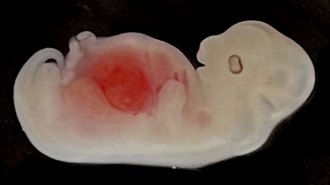 Health & Medicine
Health & MedicineScientists grow humanized kidneys in pig embryos
The work represents an important advance in the methods needed to grow humanized kidneys, hearts, and pancreases in animals.
By Amanda Heidt -
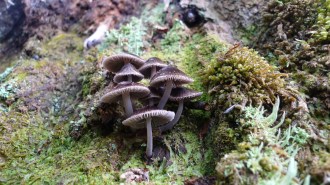 Earth
EarthWhen discussing flora and fauna, don’t forget ‘funga’
Conservation efforts often overlook fungi. That can change by using “mycologically inclusive language,” researchers say.
By Jude Coleman -
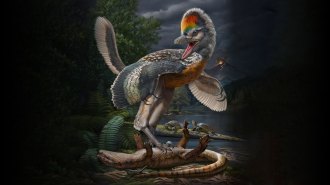 Paleontology
PaleontologyThis newfound birdlike dinosaur had surprisingly long legs
Early birdlike dinosaurs are mostly short-limbed and thought to have lived in trees, but Fujianvenator prodigiosus may have run or waded in swamps.
By Nikk Ogasa -
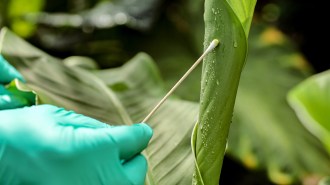 Animals
AnimalsA new DNA leaf swab technique could revolutionize how we monitor biodiversity
Simple swabs of just 24 leaves in Uganda’s Kibale National Park provided a genetic snapshot of 52 animals in the tropical forest.
-
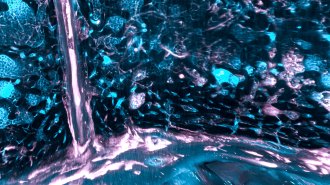 Neuroscience
NeuroscienceBone marrow in the skull could be used to monitor Alzheimer’s, MS and more
New observations of skull cell signals and skull tunnels suggest bone marrow there could be used to monitor neurological diseases.
-
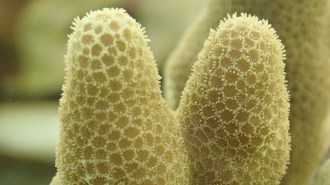 Animals
AnimalsAdult corals have been safely frozen and revived for the first time
Chunks of living corals could be frozen for safekeeping and revived later to restore reef ecosystems that are withering in warming seas.
By Nikk Ogasa -
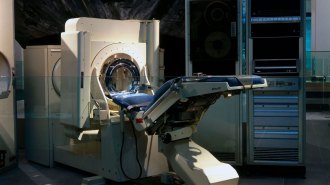 Health & Medicine
Health & Medicine50 years ago, X-rays provided an unprecedented look inside the brain
CT scans can now image the whole body and are even used in other scientific fields such as archaeology, zoology and physics.
-
 Neuroscience
NeuroscienceThree ways of rejuvenating aging brains may work via the same protein
Three brain rejuvenation methods may exert their effects through the same molecule, at least partly, which could lead to therapies for cognitive decline.
By Simon Makin -
 Health & Medicine
Health & MedicineMexican virologist Susana López Charretón uncovered rotaviruses’ secrets
Knowledge of the complex dance between virus and host cell has led to the development of life-saving vaccines.
-
 Neuroscience
NeuroscienceHere’s what lucid dreamers might tell us about our sleeping minds
Lucid dreaming could prove to be a powerful tool for probing dreams, one of the most universal yet elusive human experiences.
-
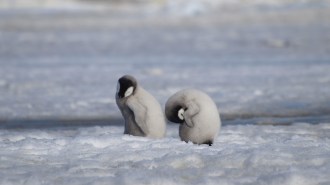 Climate
ClimateEmperor penguins lost thousands of chicks to melting ice last year
In 2022, groups of emperor penguins in western Antarctica lost almost all their chicks to receding sea ice, signaling the threat of climate change.